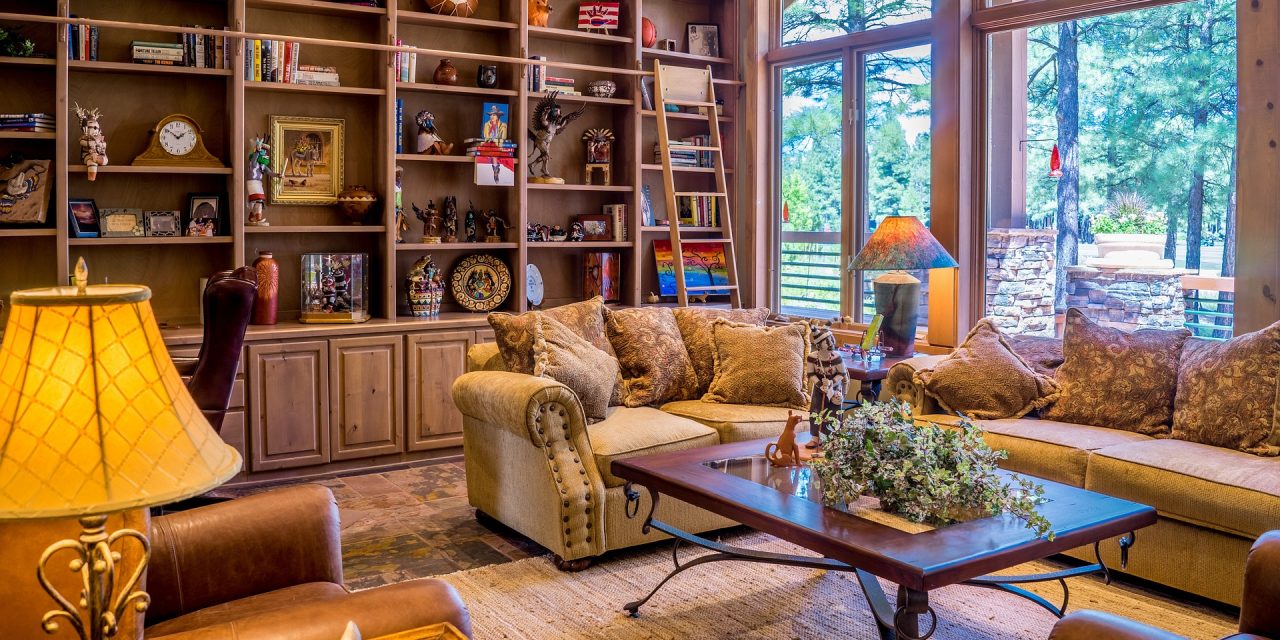“Years ago, I realized that if my children wanted to feel like their house was a home, I needed to be intentional about making our physical shelter a place of spiritual refuge. The work of home-maker suddenly became holy work. My perspective had changed.”
On one of our many trips to the public library, I stumbled across the children’s picture book A House is a House for Me by Mary Anne Hoberman. She takes readers on an enchanting journey through nature pointing out the universality of home, repeating on almost every page “a house is a house for me.” Her delightful conclusion invites children to begin seeing their world differently:
And once you get started in thinking this way,
It seems that whatever you see
Is either a house or it lives in a house,
And a house is a house for me!
Just one read and this book became a favorite of mine because it spoke to the nature of home. All things have a place to belong—somewhere they fit.
Books like Hoberman’s help prepare children for the universal themes, like home, they will encounter on a deeper level later in their education. In fact, during a recent reread of The Odyssey, I was struck by this theme of home, which brought back to mind Hoberman’s picture book. In Homer’s poem, we see the role home plays in shaping who people become, and the refuge a home offers to those who belong there—all ideas captured by Hoberman’s line “a house is a house for me!” While Odysseus suffers at Troy, it is his longing to get home that causes his true suffering. “I miss my family. I have been gone so long it hurts” he laments (7.152).
When Odysseus retires to sleep his first night in Phaeacia, Homer poignantly contrasts his bed with that of his host:
Odysseus was glad to go to sleep
after his long adventures on that bed
surrounded by the rustling of the porch.
Alcinous was sleeping in his room,
beside his wife, who made their bed and shared it
(7.343-347).
Readers should feel this poignant juxtaposition. They are supposed to see that Odysseus is not yet home.
All those waiting for Odysseus are similarly heartbroken by their suffering. Penelope sorrows, “I can hardly bear my grief. I miss him all the time—that man, my husband, whose story is so famous throughout Greece” (1.342-343). Her remembering seems only to make the absence harder to bear. She refuses to see herself as a widow. She won’t mourn him. She expects his return. This hope she perpetuates becomes an image of her homekeeping. There will be a home for Odysseus to return to because she is keeping it. Penelope, the virtuous, has decided to make a house, a Home. Somewhere people want to come back to.
In loyal Penelope and Odysseus’s nearly ruinous return to her, students confront the very real longing all men and women have for home. Our need to belong and our need to feel safe and cared for are satisfied in this life at home. While at the same time, this earthly experience of home prepares our souls for their ultimate fulfillment–the day when we shall be like Christ and know Him fully. Teaching The Odyssey is one of my very favorites because of the great value placed on coming home. Although tempted with immortality, although offered pleasure and young love, Odysseus knows where he belongs and aches to return. ✤
MAKING A HOUSE A HOME
MAKE IT A PRIORITY TO SPEND TIME AT HOME. Be available by being present.
COOK DINNER AT HOME. The time you spend making and cleaning up dinner is time your children see you caring about what happens in your home.
SHOW HOSPITALITY. Invite someone over for dinner. Communicate to your family that your home is a place of refuge for others as well.
INVEST TIME AND ENERGY IN YOUR HOME. No matter your skill level or budget, your investment shows your children you value the place they live. Buy a $3.99 bouquet of flowers at Trader Joe’s or knit a blanket. The budget doesn’t matter. The effort does.
 MANDI GERTH teaches upper school humanities at The Oaks Tutorials in Fort Worth, TX. Her work has appeared on the CiRCE Institute and Theopolis blogs. She and her husband have labored for over twenty years to build a family culture for their five children that values books, baseball, museums, home-cooked meals, and conversation about ideas.
MANDI GERTH teaches upper school humanities at The Oaks Tutorials in Fort Worth, TX. Her work has appeared on the CiRCE Institute and Theopolis blogs. She and her husband have labored for over twenty years to build a family culture for their five children that values books, baseball, museums, home-cooked meals, and conversation about ideas.











Worthy read and encouraged by the wisdom of the classics in a new way!